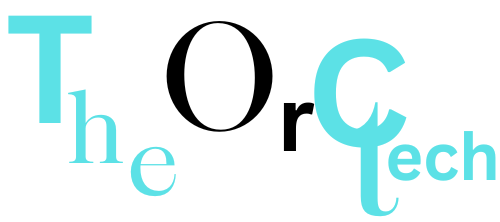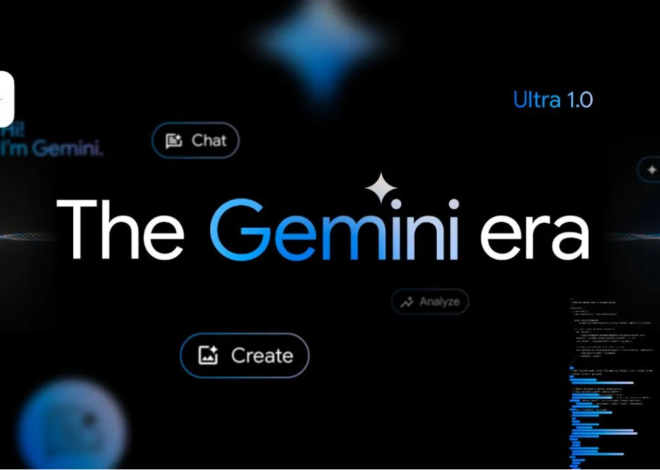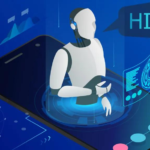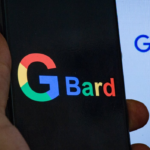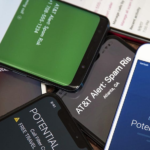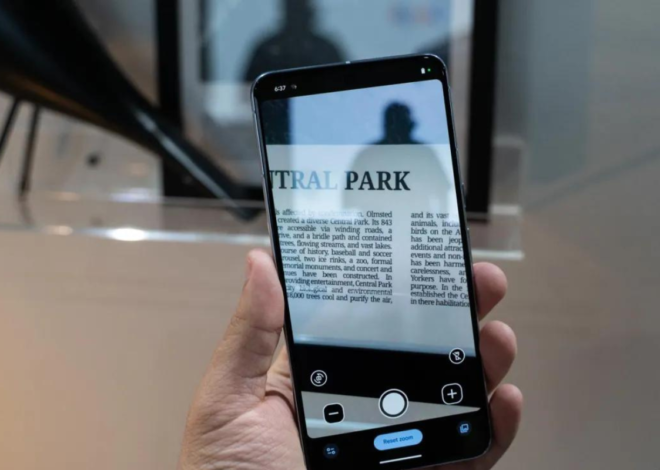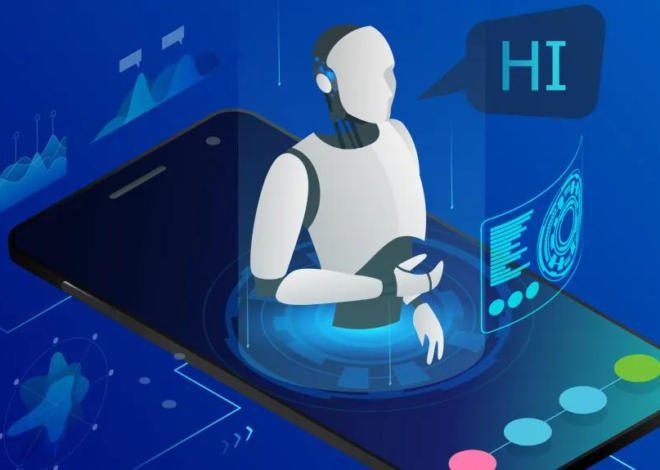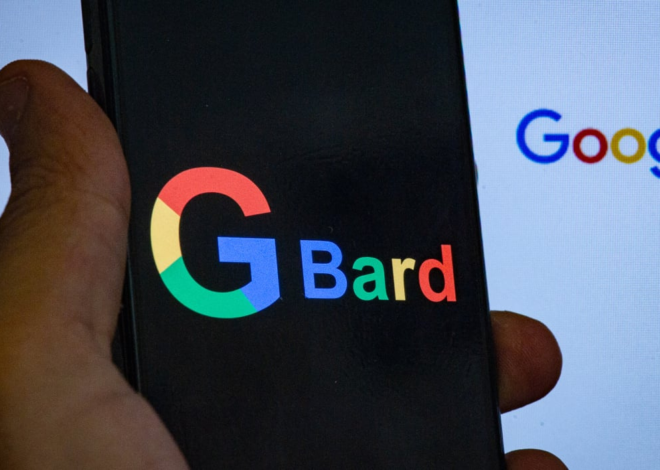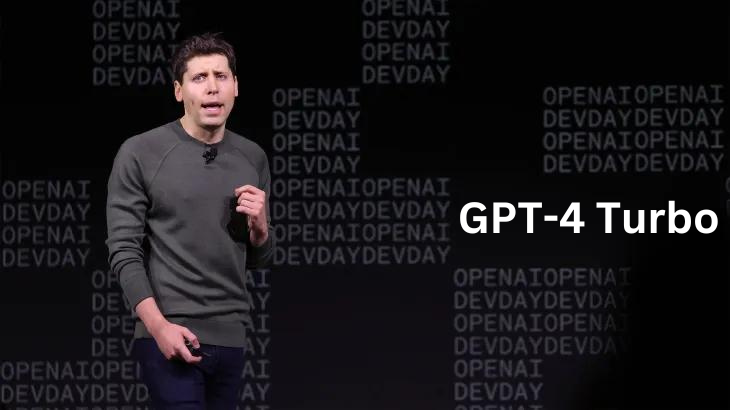
Introducing GPT-4 Turbo and custom GPTs: What they are, how to use it
I’m glad we finally have a model that knows things about the internet after September 2021.
The introduction of GPT-4 Turbo is OpenAI’s latest AI-powered innovation. During OpenAI’s inaugural developer conference, CEO Sam Altman unveiled this groundbreaking model, showcasing its remarkable capabilities.
GPT-4 Turbo boasts an impressive context window of 128,000 tokens, enabling it to handle approximately 300 pages of text within a single prompt. What’s more, it seamlessly integrates vision, text-to-speech, and DALL-E 3 functionalities. Notably, this cutting-edge model comes at a cost that is roughly one-third less expensive than its predecessor, GPT-4.
You don’t need to be a developer actively utilizing the API to enjoy the immediate benefits of these enhancements. You can experience these improvements right away through ChatGPT, and there’s even a novel approach for crafting customized GPT models without the need for coding expertise. Here’s what you should be aware of regarding GPT-4 Turbo and how to gain access to it.
ChatGPT: GPT-4 Turbo
The introduction of the supercharged large language model promises to make ChatGPT even more precise and practical. Firstly, the knowledge cutoff date for ChatGPT has been thoughtfully updated to April 2023, ensuring users have access to the latest information.
Also, OpenAI has streamlined the user experience by eliminating the need for users to toggle between various models like GPT 3.5, GPT 4, internet browsing, plugins, and DALL-E 3. Instead, the system will intuitively detect the most appropriate model to use based on the context of your query. These enhancements have been made available exclusively to ChatGPT Plus subscribers, making the platform more straightforward and user-friendly.
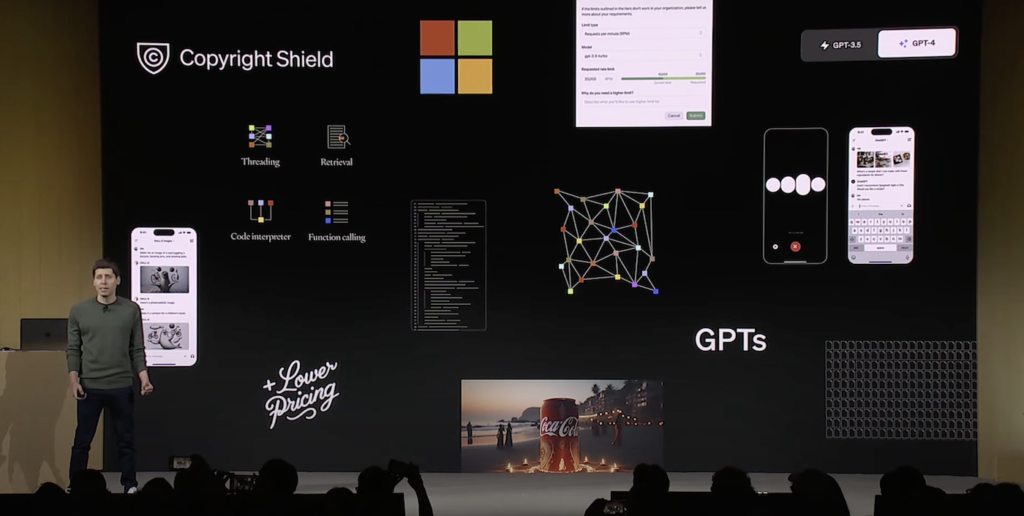
OpenAI has introduced a new program called Copyright Shield. For customers using ChatGPT Enterprise and the developer platform, OpenAI will protect them and cover the expenses if they encounter any copyright infringement claims. This program, along with the removal of the model picker tool and the knowledge cutoff date, is now in effect.
Also Read | OpenAI has introduced Dall-E 3, the most recent iteration of its text-to-image tool
Custom GPTs
OpenAI has taken a step towards achieving its goal of artificial general intelligence (AGI) by releasing a platform that allows users to create customized versions of ChatGPT. This platform is an enhanced version of ChatGPT plugins, with additional features and capabilities.
Users now have the opportunity to try out pre-made custom GPTs for various purposes, such as designing on Canva or automating tasks with Zapier. Additionally, they can even design their own chatbot without requiring any coding expertise. These GPTs are built to comprehend everyday language, so you only need to come up with an idea and provide some instructions to create your personalized AI assistant.
Also Read | Storytellers can become comics artists with Dashtoon AI
Next month, OpenAI will introduce a GPT Store, allowing users to develop and explore custom GPTs, similar to how you would use an app store. This means you can also earn money from your customized GPT creations.
For now, ChatGPT Plus and Enterprise users can access sample GPTs, and access will become available to more users over time.
